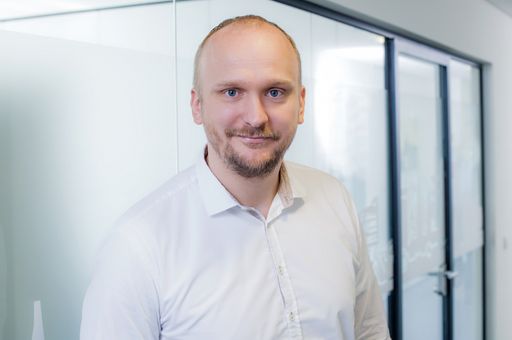For some years now, there has been an increasing trend towards equipping furniture, (smart) clothing, toys, lifestyle products or (smart) building equipment for indoor and outdoor use with additional electrical functions such as lighting, sound, sensor or charging functions and functions that can be controlled via app or Bluetooth. Some of the electronic functions are hidden and, unlike “classic” electrical appliances, are difficult for consumers to recognise as such.
According to a recent report by the Federal Environment Agency, electrical appliances are described as "atypical" or "invisible" because they have an atypical or unusual appearance, design or material composition for electrical or electronic appliances.
Due to their integrated electrical function, these products become electrical appliances that must be disposed of separately at a recycling centre or retailer. These delineation features sometimes result in disposal problems, meaning that invisible appliances are disposed of incorrectly – for example in residual or bulky waste, in used textile containers, in construction waste or scrap metal. This results in a loss of raw materials, as valuable substances and materials are only utilised for energy instead of being recycled.
This rather disposal-related topic is also relevant for sellers if they themselves have “invisible” electrical appliances in their portfolio that are not recognised as EEE/WEEE due to their nature and have therefore not been registered with the EAR Foundation as contemplated by the German Electrical and Electronic Equipment Act.
Incidentally: Cables, antennas, adapters, jacks and the like have also fallen within the scope of the Electrical and Electronic Equipment Act since mid-2019. This means that these so-called passive devices are also subject to the requirements of the Electrical and Electronic Equipment Act – from registration to disposal.
take-e-way will be pleased to assist you via +49/40/750687-0 or consulting@take-e-way.de if you have any questions on WEEE, the Electrical and Electronic Equipment Act, the Batteries Act, the Packaging Act and on EPR with registration/licensing.
For solutions on the subject of EU product or packaging labelling and, in particular, disposal labelling, the trade-e-bility consulting team will be glad to assist you via sales@trade-e-bility.deor +49/40/750687-300.
Please click on the link below for further particulars on our international compliance services in connection with placing electronic equipment, ordinary and rechargeable batteries and packaged products or packaging: https://www.take-e-way.com/international-compliance/

